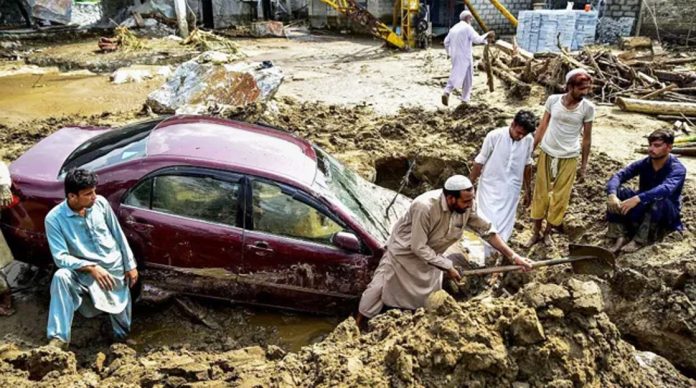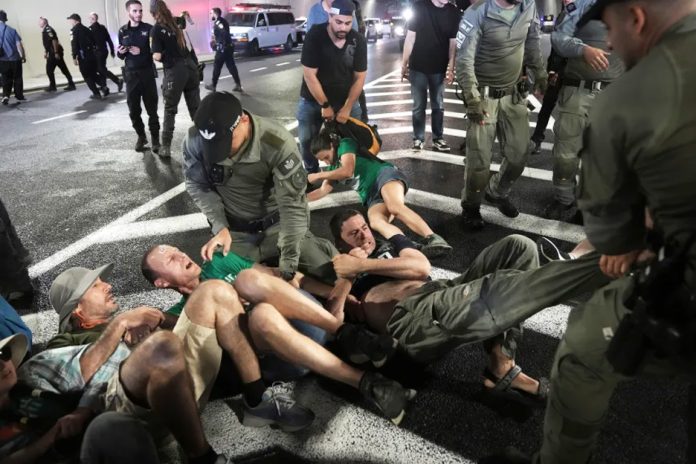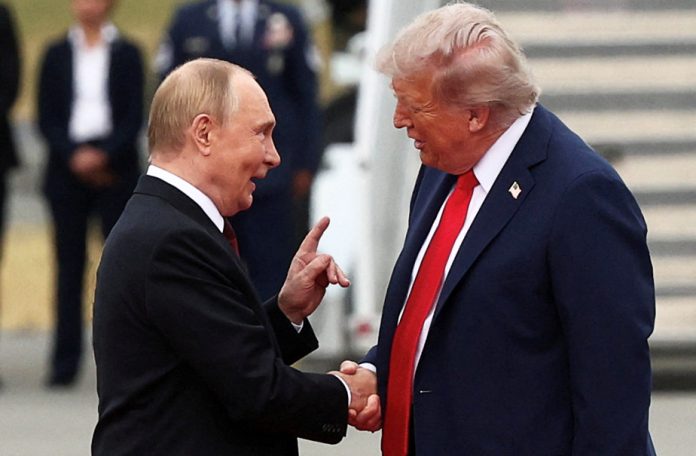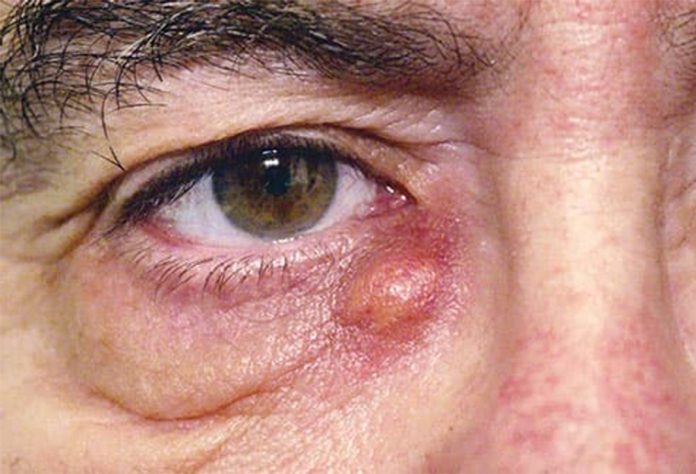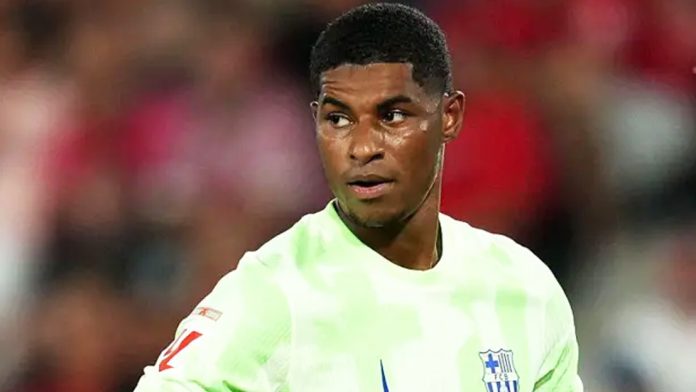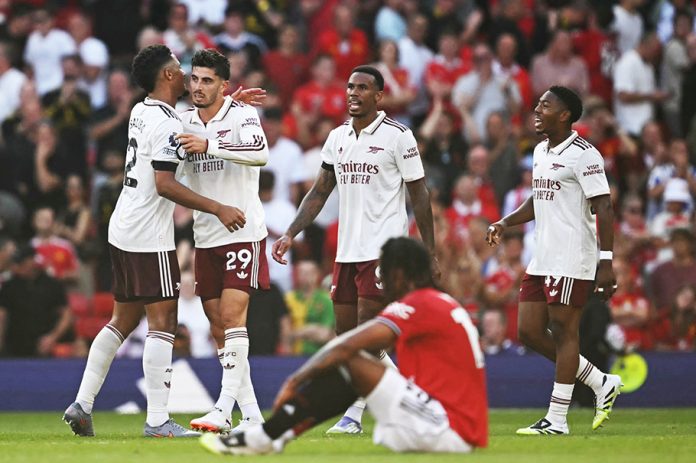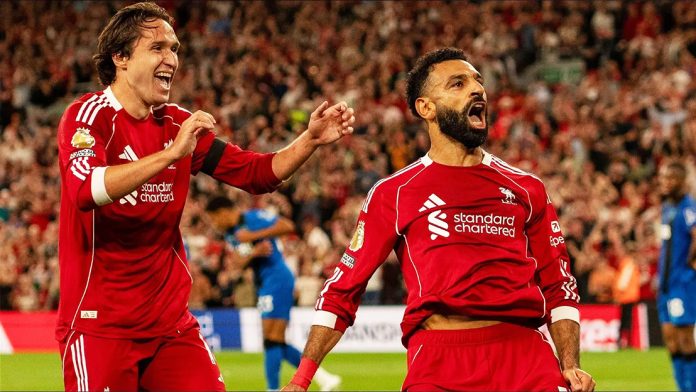The recent government proposal that all prophecies around government officials be directed to the Office of the President has sparked considerable interesting debate across our beloved Ghana. While this suggestion raises important questions about the intersection of faith and governance, it may be time for a broader conversation about balancing our rich spiritual heritage with the urgent need for practical solutions to everyday challenges.
When Tragedy Strikes
This conversation has become even more urgent following recent tragic incidents that have shaken our nation. On August 6th, we lost our Defence Minister, Dr. Edward Omane Boamah, Environment Minister Dr. Ibrahim Murtala Mohammed, and six others in a helicopter crash while travelling to an event focused on combating illegal mining in the Ashanti region. The aircraft went down in a forested area, claiming all eight lives on board.
Such incidents remind us that even sophisticated aircraft require meticulous safety oversight, regular maintenance schedules, and rigorous adherence to aviation standards. While ongoing investigations will determine the specific cause of this tragedy, it underscores the importance of meeting the highest safety standards through strict maintenance protocols.
Even more heartbreaking was the tragedy that struck just two weeks earlier. On July 28th, sixteen young souls from the Saviour Church of Ghana in Obogu lost their lives in a horrific road accident on the Accra-Kumasi highway. These youths, aged between 4 and 21, were returning from a religious retreat in Koforidua when their Ford Transit bus collided head-on with a fuel tanker that had burst a tyre while overtaking. Fifteen died instantly, with one succumbing later to injuries. Among the deceased were two children of the church’s head pastor, and some families lost multiple children in a single devastating moment.
In the aftermath of such tragedies, we often hear various prophecies emerge, some claiming to have foreseen the disaster, others offering spiritual explanations for what occurred. While these prophecies may provide comfort to many and reflect our deep spiritual nature as a people, they also raise important questions. How do we balance spiritual insight with practical preventive measures?
The State of Our Infrastructure And The Daily Test of Faith
The tragedy at Obogu represents a microcosm of Ghana’s broader infrastructure challenges. These young people were travelling home from a spiritual retreat, their hearts full of faith and hope, yet they became victims of preventable circumstances that plague our highways daily.
Take a drive from Accra to Kumasi to Cape Coast, and you’ll witness cars that should have been retired during Rawling’s first era still wheezing along our roads, held together by prayers, duct tape, and sheer Ghanaian ingenuity. These mechanical martyrs share the road with equally ancient commercial vehicles that seem to defy both physics and common sense. The tragedy isn’t just in their age; it’s in the systemic failures that allow unroadworthy vehicles to operate without proper licensing, inspection, or oversight.
Our roads themselves tell stories that would make our ancestors weep. Potholes have become so commonplace that we’ve developed an entire driving culture around them, a sort of automotive ballet where drivers swerve and dance to avoid the craters that pockmark our streets. In some neighbourhoods, potholes have grown so large they’ve become informal landmarks. “Take a left after the big pothole near the ‘gobe’ seller,” we tell visitors, as if this is perfectly normal.
The driving culture itself compounds these problems. Somewhere along the way, we’ve confused aggression with assertiveness and chaos with freedom. Indicators have become optional accessories, lane discipline is a foreign concept, and the idea that pedestrians have rights seems revolutionary. The incident at Obogu wasn’t just about one careless tanker driver; it represents a pattern of dangerous overtaking that has become normalised on our highways.
When Spiritual Wisdom Meets Practical Responsibility
There’s no denying that spirituality runs deep in the Ghanaian soul. From bustling prayer camps to churches to traditional shrines that punctuate our landscapes, faith has always been the bedrock of our society. Religion isn’t just what we do on Sundays or Fridays; it is woven into the very fabric of who we are as a people.
However, as we navigate the complexities of developing modern Ghana, we must ask ourselves: Can prayers and prophecies alone fix our problems? Can spiritual intervention prevent commercial vehicles from making dangerous overtakes or repair ageing infrastructure?
Unfortunately, we have developed a troubling tendency to spiritualise what should be practical, straightforward, administrative and technical responsibilities. When vehicles break down during official functions, we blame enemies in the spiritual realm rather than questioning procurement processes. When accidents occur on our highways, we hear whispers of spiritual attacks rather than demands for better road engineering and traffic management.
Our government transportation systems and public infrastructure require what the Bible calls “faithful stewardship”,not just spiritual covering but meticulous care, regular servicing, and professional oversight. When we delegate our responsibilities to the spiritual realm, we inadvertently create the very conditions that lead to preventable disasters. True stewardship means combining our prayers with practical action, ensuring that the resources entrusted to us are maintained with both spiritual devotion and technical excellence.
Consider this! if a prophet had predicted the Obogu tragedy, would we have implemented stricter vehicle inspection protocols and better highway safety measures, or would we have simply prayed harder for protection? The honest answer reveals our misplaced priorities. Prophecy should inspire us to take preventive action, not replace it. A true servant of God would likely tell us, “I’ve seen trouble coming; now go fix the roads, maintain the aircraft, train your drivers properly, and ensure your commercial vehicles are roadworthy.”
A Call to Balance Faith and Functionality
This pattern extends beyond transportation. How many of our government buildings lack proper fire safety systems because someone declared them “spiritually protected”? How many bridges go uninspected because a prophet assured officials they were “covered by divine grace in the name of Jesus”? We cannot anoint away rust, pray away mechanical wear, or cast out the need for professional maintenance and safety standards.
Our traditional proverbs understood the balance perfectly: “When you pray, move your feet,” the elders would say. It’s time we applied this wisdom to governance and development.
Instead of directing prophecies to the President’s office, perhaps we should direct detailed reports about road conditions, vehicle safety standards, and traffic management systems. Instead of predicting disasters, let’s prevent them through proper planning, adequate funding for infrastructure, and systems that actually work.
The good news is that Ghana has consistently been a nation of problem solvers. Our resilience and creativity are legendary. We’ve survived colonialism, coups, and countless challenges through a combination of faith, determination, and practical wisdom. Now we need to channel that same energy into building systems that work, roads that don’t require prayers to traverse, vehicles that pass basic safety standards, and traffic management that relies on technology and proper training rather than divine intervention alone.
Building the Ghana We Deserve
As we move forward, let’s honour our spiritual traditions while demanding practical solutions. Let’s pray for wisdom for our leaders, but also hold them accountable for delivering basic infrastructure. Let’s trust in divine providence but also invest in proper road engineering, vehicle safety standards, and traffic management protocols.
The memory of those sixteen young souls from Obogu, including the pastor’s own children, deserves more than our prayers; it deserves our commitment to building safer transportation systems. The memory of Dr Omane Boamah, Dr Mohammed, and their colleagues deserves comprehensive safety improvements across all government operations.
Perhaps, the greatest prophecy we need is a vision of a Ghana where spiritual wisdom and technical excellence work hand in hand, where we maintain our vehicles and roads, in love and without politicisation, with the same devotion we bring to our prayers, and where preventing tragedy becomes an act of faith itself.
After all, even the most powerful prayer is more effective when offered from a safe vehicle on a well-maintained road, guided by traffic systems that actually function. Those young church members were travelling home from a spiritual retreat, their hearts full of faith, but faith alone couldn’t protect them from a burst tyre and dangerous overtaking on an inadequately managed highway.
Our ancestors would surely agree. Faith and good governance aren’t mutually exclusive; they’re partners in building the Ghana we all deserve, one where the countless lives cut short by preventable infrastructure failures and systemic negligence become a thing of the past, where families don’t have to bury multiple children in mass graves because of dangerous roads, where government officials don’t pass away while serving their country, and where every Ghanaian can travel, work, and live without becoming victims of preventable tragedies.
By Eugie Ntekor
Eugie Ntekor, Lecturer in Social Work, Social Policy and Law, University of Gloucestershire, UK
The writer is a proud Ghanaian who believes in both divine blessings and fixing brake systems!

